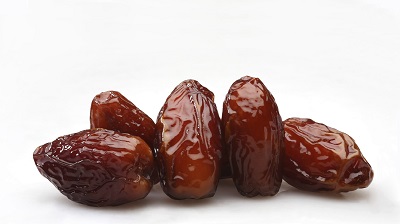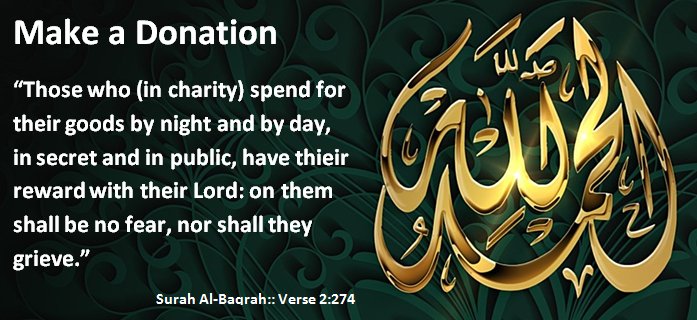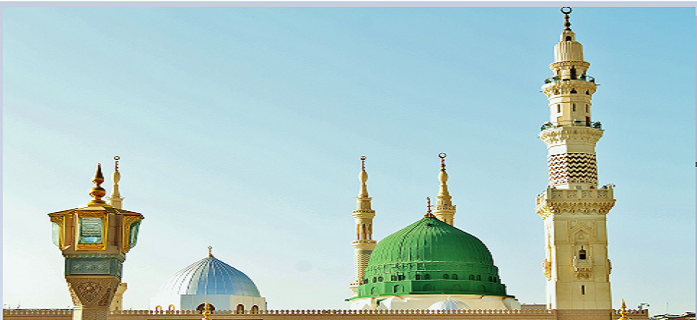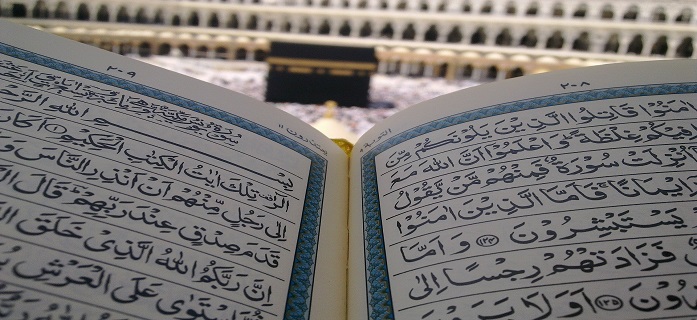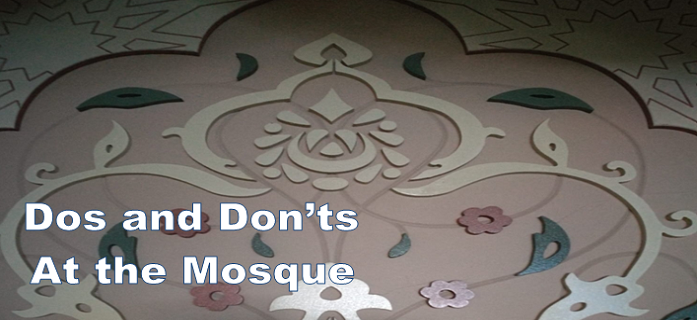Ramadan 2025
Download Ramadan Timetable
or click on the image below

Please note: all dates and times are subject to the Masjid being open due to Coronavirus. Check website for further details on Masjid opening times and dates.
Please follow all Covid rules while in the Mosque.
ISHA & TARAWI
Please see calendar for updated time.
* EID JAMAT:
1st Jamat 8:00am
2nd Jamat 9:00am
3rd Jamat 10:30am
* All Islamic dates and festivals are subject to the sighting of the moon.
What is Month of Ramadan?
The month of Ramadan is the ninth month of the Islamic calendar and it is observed by Muslims all over the world as a month of Sawm (fasting). It begins immediately upon the end of the eight month of the Islamic calendar and it lasts for 29 to 30 days, depending on the sighting of the moon.
As Holy Prophet Muhammad (S.A.W.) said: "It is Allah's Own month". It is the chief of all months and the most glorious one. 'Fasting' is one of the important five 'pillars' of Islam and it is during Ramadan which fasting has been made obligatory for all adult Muslims.
